Matelda Reho e Giulia Lucertini, Università Iuav di Venezia
The issue of ‘food’ and, more specifically, its consumption and waste have gained increasing attention in recent years, both because of the pandemic and the difficulties it has highlighted, and in relation to a growth in sensitivity, which in some cities has supported the definition of real policies, and in many other centres has nonetheless given life and support to practices with considerable potential.
We are now in a more mature phase of the discussion and planning on food and related supply chains and, starting from the most successful experiences, we can also analyse the charge of innovation and change that the implementation of many practices has produced in the social fabric of local communities. The discussion space made available by Urbanpromo Green is therefore an opportunity to go beyond the specific results of some projects; through the account of their implementation, we can also enter into the merits of other positive results, not always expected, in terms of the growth of social capital, the ability to activate and maintain networks, and to extend awareness of food-related issues to other areas of intervention. In other words, we wish to bring to attention some project experiences that on the one hand are capable of breaking down the barriers that have led to distancing the consumer from the producer, generating waste and inequalities, and on the other hand also have the potential to ‘go beyond’, to act, for example, positively on the environment, on the protection of the landscape, to integrate different instances and thus capitalise on the innovative scope of practices and the ability to plan together.
The cases considered were often effectively supported by foundations and groups organised in bottom-up processes. Often the interactions with urban food policy experiences are quite definite, in other cases, the very consolidation of certain practices and the transformative effects within local communities may provide a stimulus to address the ‘food question’ in a more systematic and integrated manner with other issues.
9:00 a.m. hall entrance
9:30 a.m. start of proceedings
PROGRAMME
Greetings and introduction by:
Matelda Reho, Iuav University of Venice
“Urban food policies and activation of processes in local communities”.
Egidio Dansero, UniTo
First session – From solidarity-based food production and purchasing to the recognition of other common values
“Peri-urban agricultural communities between proximity economy and agro-ecological practices: experiences from the call Coltivare valore”.
Noemi Canevarolo, Cariplo Foundation
“Cascina Biblioteca Chi Ama terra. In praise of the smooth pen”.
Thomas Giglio, La Grangia di San Gregorio
“GAS, innovations in practices and trends”.
Cecilia Cornaggia, Catholic University
Francesca Forno, University of Trento
Break: designation of Cascina Fossata garden after Nella Colombo
Second session – Innovations and growth of social capital in food purchasing, collection and redistribution activities
“Proximity systems for combating waste and poverty”.
Simona Sordo, Compagnia di San Paolo
“For a zero-waste city: cooperation and integration in a community logic” Marco Malfatto, Ricibo Network
Marco Malfatto, Ricibo Network
“Torino Solidale: from food to proximity welfare”.
Federica Giuliani, City of Turin
Alice Graziano, Snodi Network
“Food Communities to build a sustainable future in individual territories”.
Davide Biolghini, Cooperation and Technology Forum, Co-Energy
Conclusions
Italiano



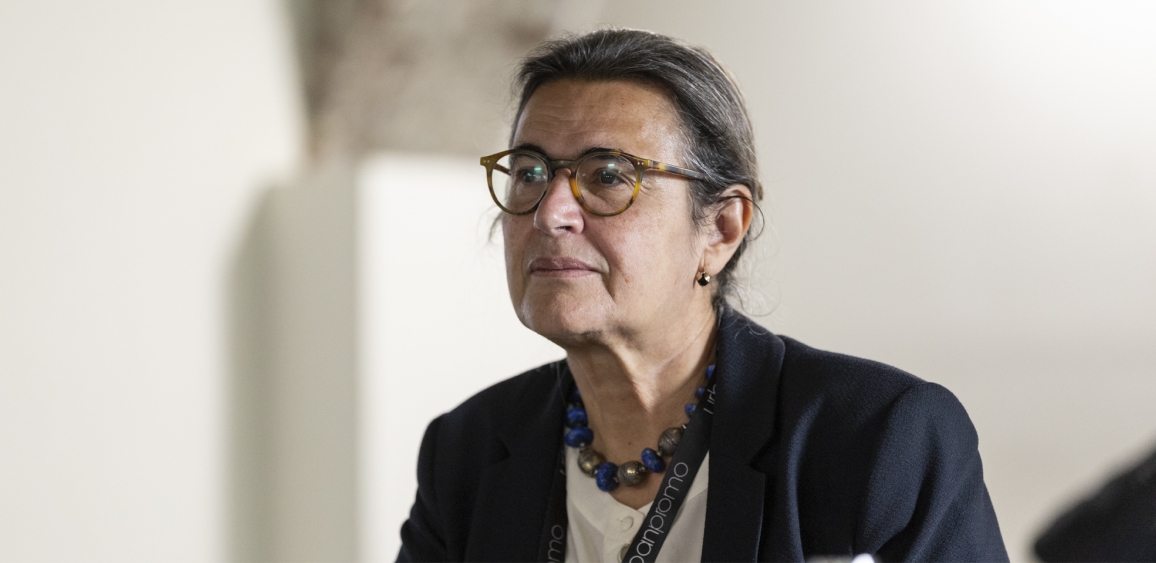
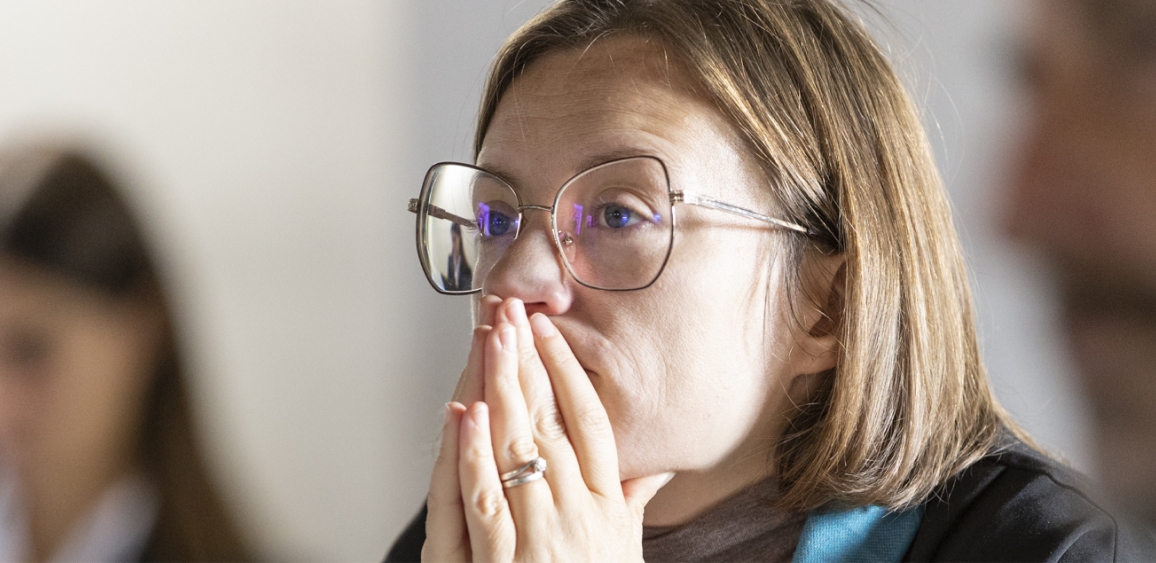
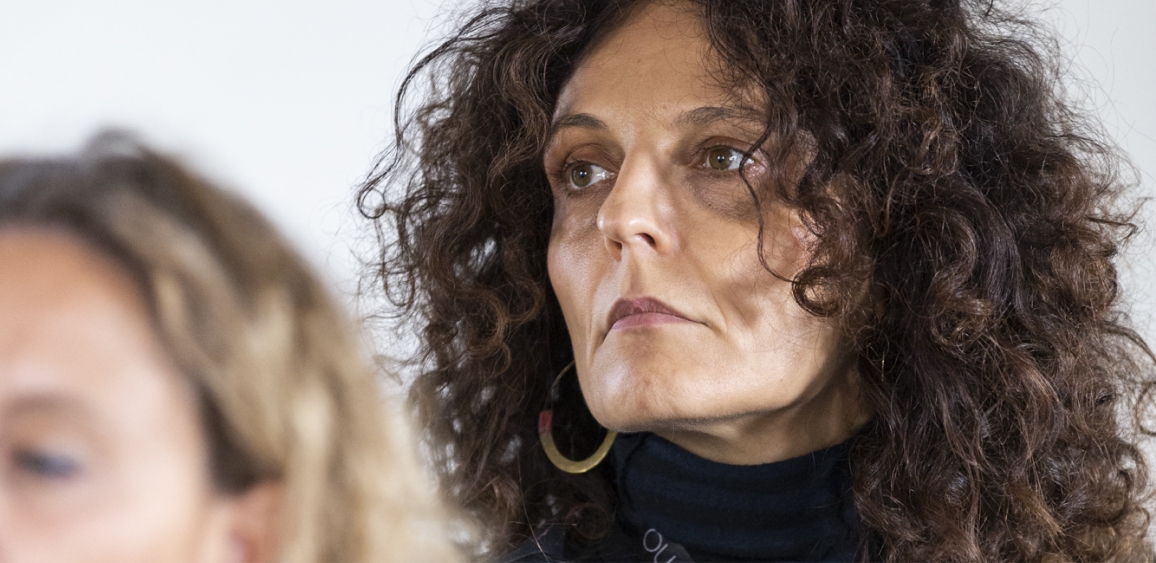
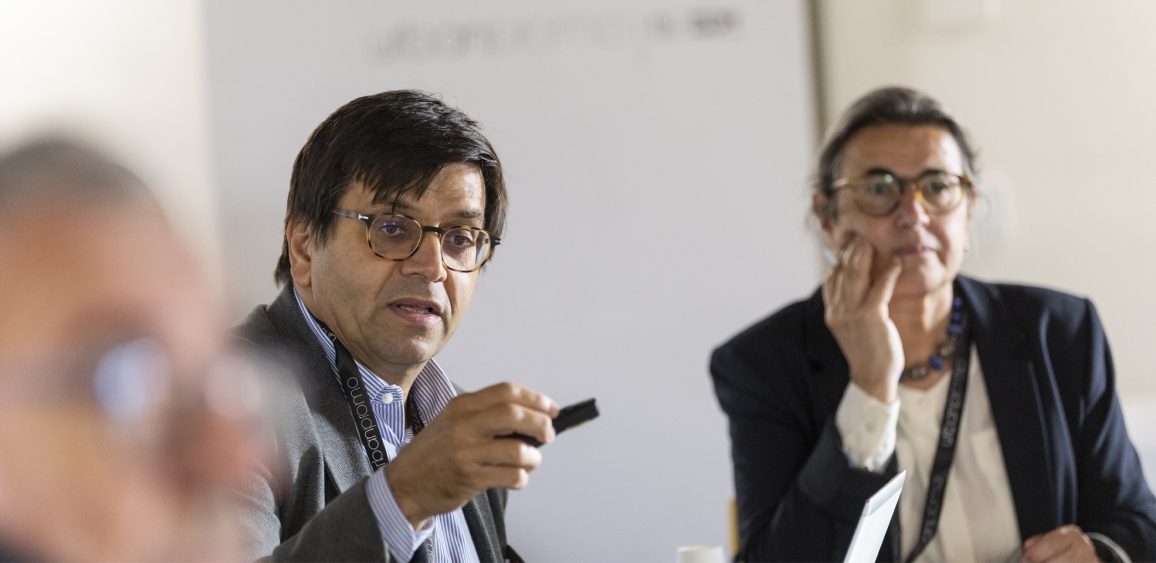
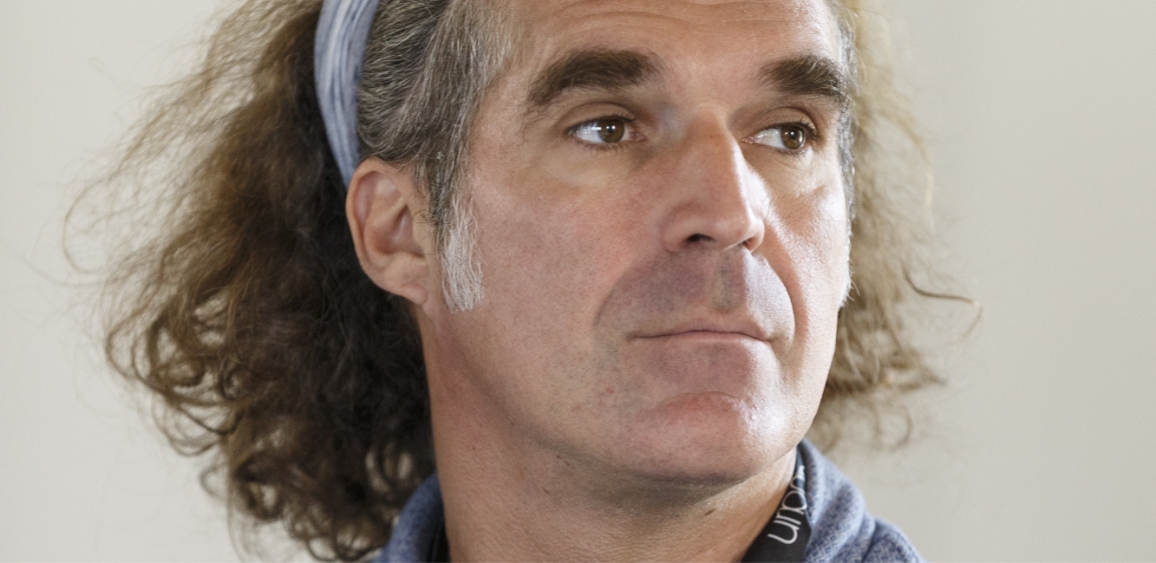
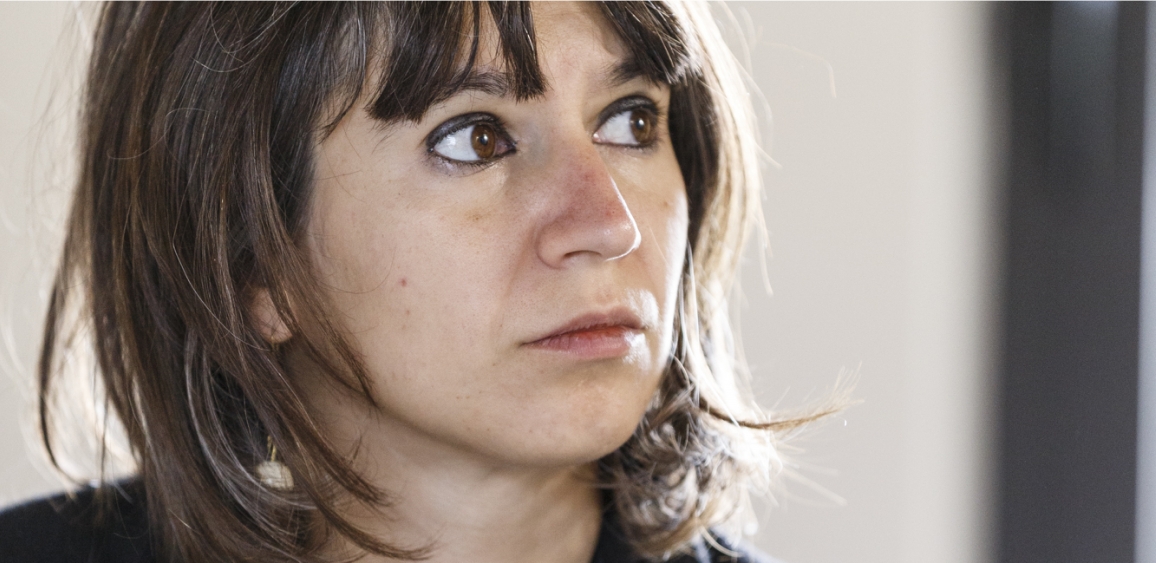
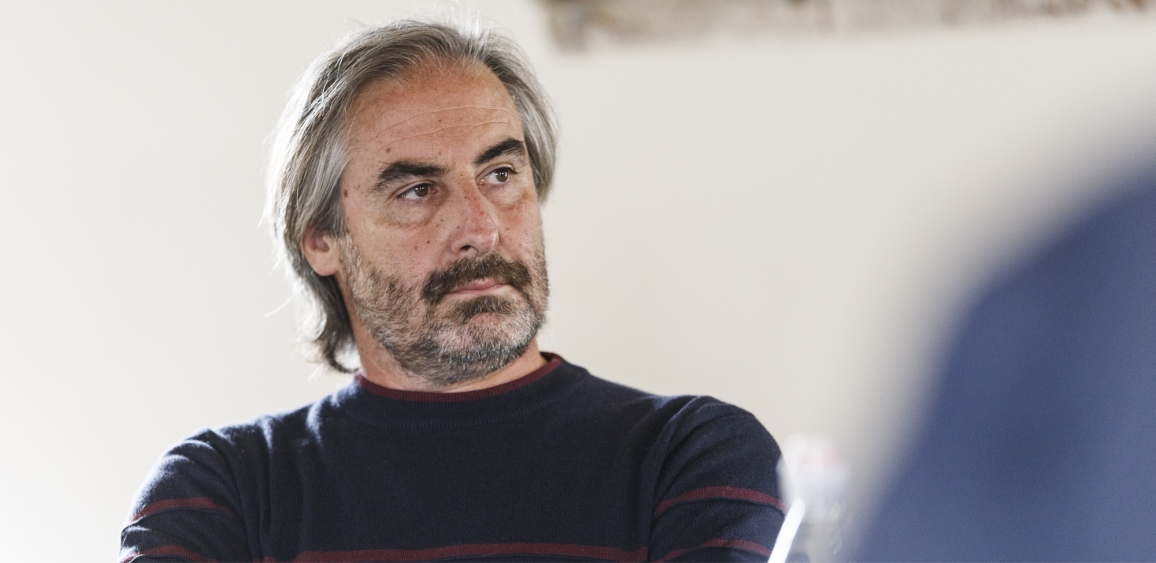

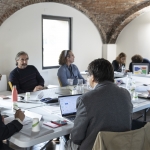
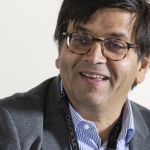
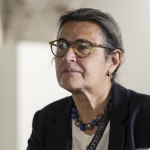
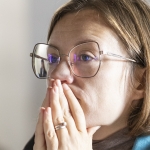

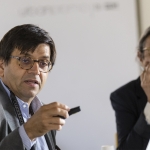
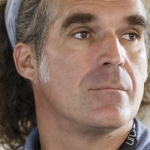
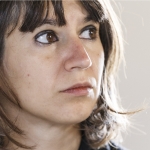
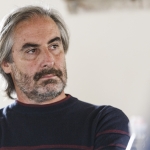

Contributions